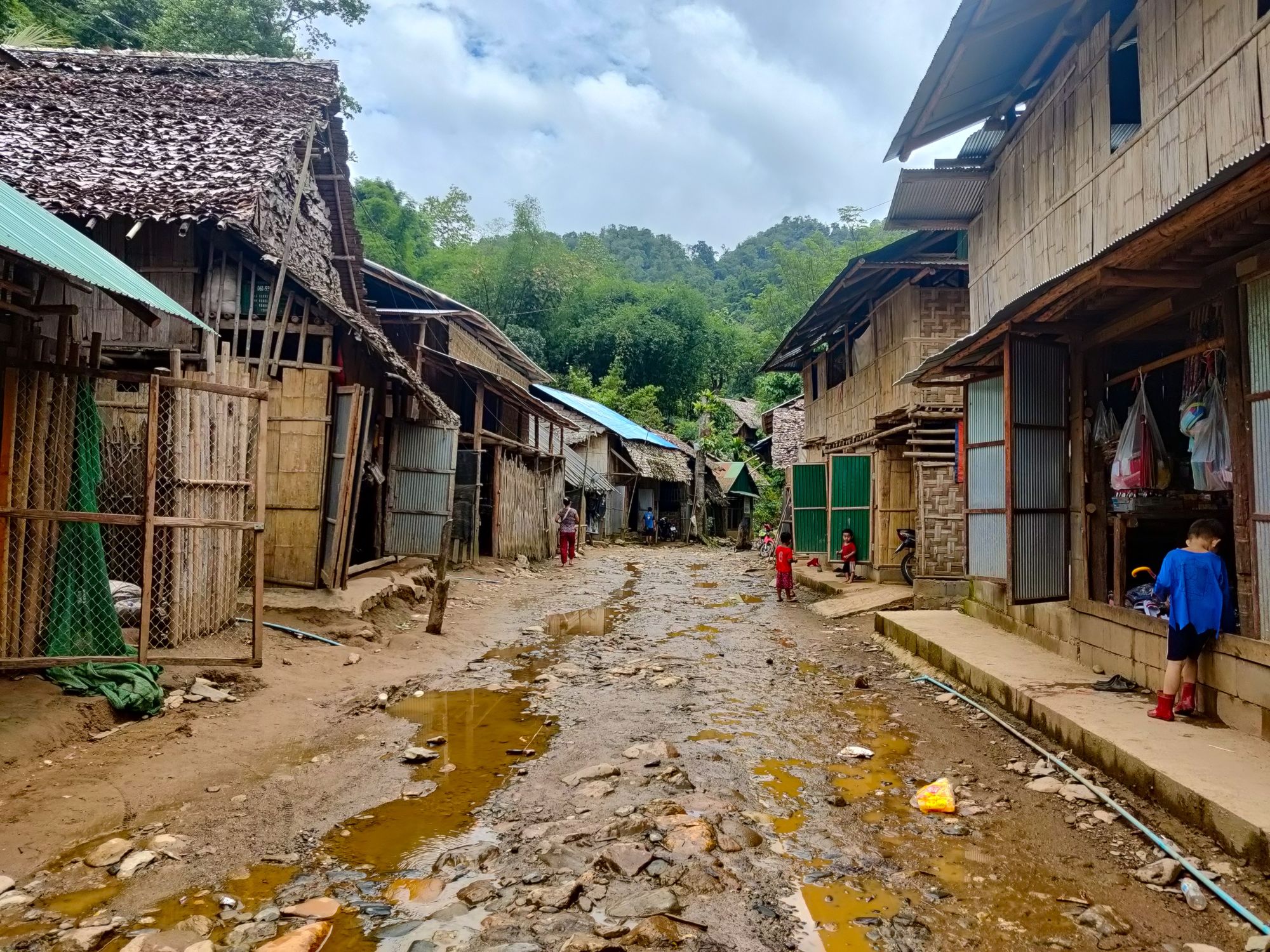
A visit to Mae Ra Ma Luang refugee camp on the border of Thailand and Burma is certainly not enough to capture its twenty-seven years of existence, but we hope to share a glimpse into the everyday life of living & loving that takes place here. With a special permit authorized by the Thai government and the Karen Refugee Committee, and with gratitude to our medical partner Burma Children Medical Fund (BCMF) who helped us make this journey possible, and the Malteser International staff who help to run the refugee camp, we set out to meet our Watsi patients who are living at Mae Ra Ma Luang.
"It's not easy to experience the unfamiliar, the unnamed. We say, 'If I hadn't seen it with my own eyes, I wouldn't have believed it,' but the phrase really should be, 'If I hadn't believed it with all my heart, I wouldn't have seen it.'" -Edmond Carpenter, Anthropologist
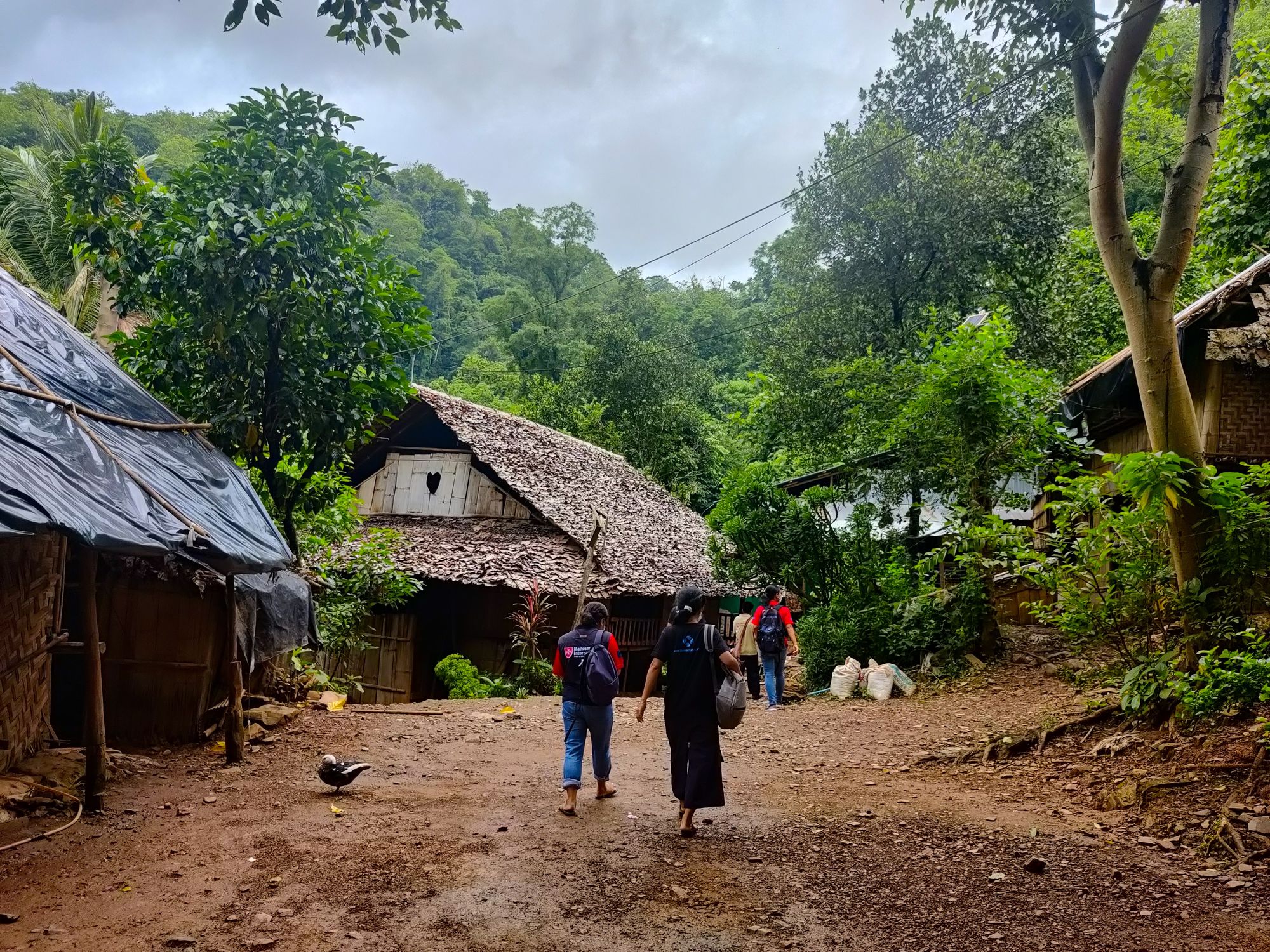
The camp, spanning 2.5 sq. kilometers, has a population of 9,200 refugees with the vast majority being ethnic Karen from across the border in eastern Burma. Living in bamboo huts shaded by thatched roofs, or simple bamboo platforms perched on the edge of a slope shaded by leafy banana trees, thousands of families who have fled from Burma have come to consider this home, now trying to lead their lives as best they can.
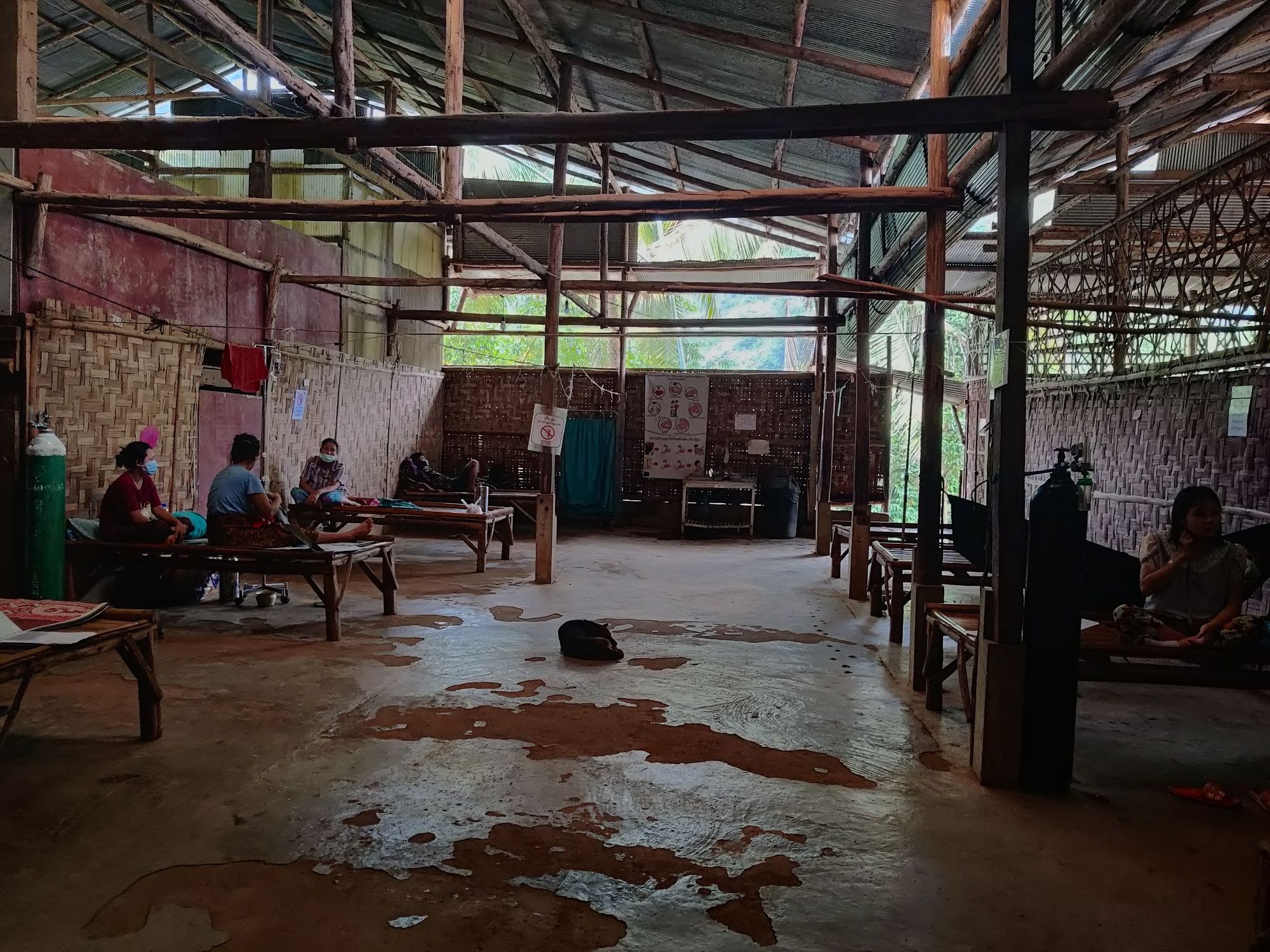
The main hospital in the camp provides basic healthcare for the community. It is housed in breeze-block construction on a bare mud and patchy concrete floor with a tin roof that tends to leak in the rainy season, which we are in now. The medical team does what they can to provide comfort and healing to their patients.
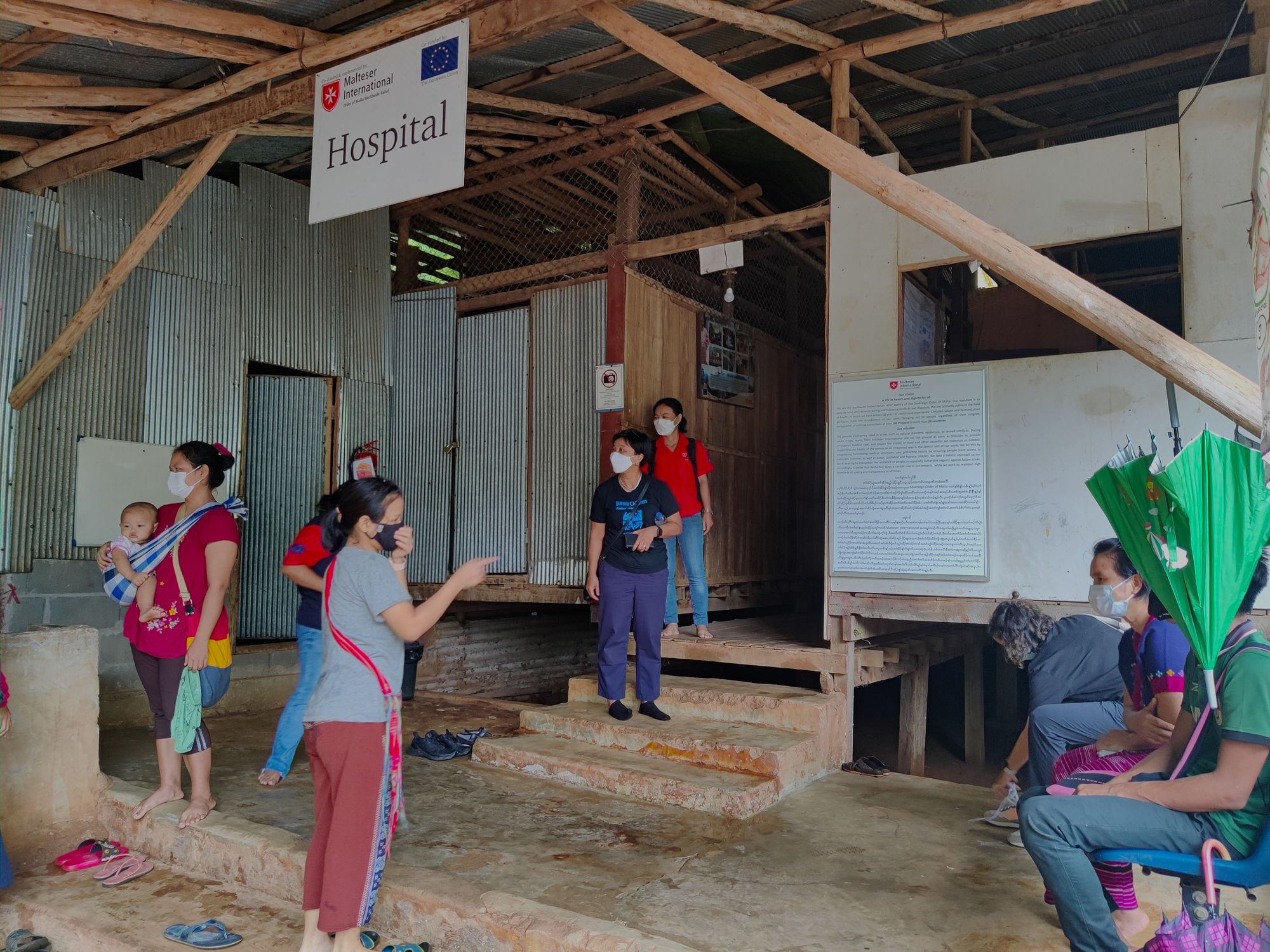
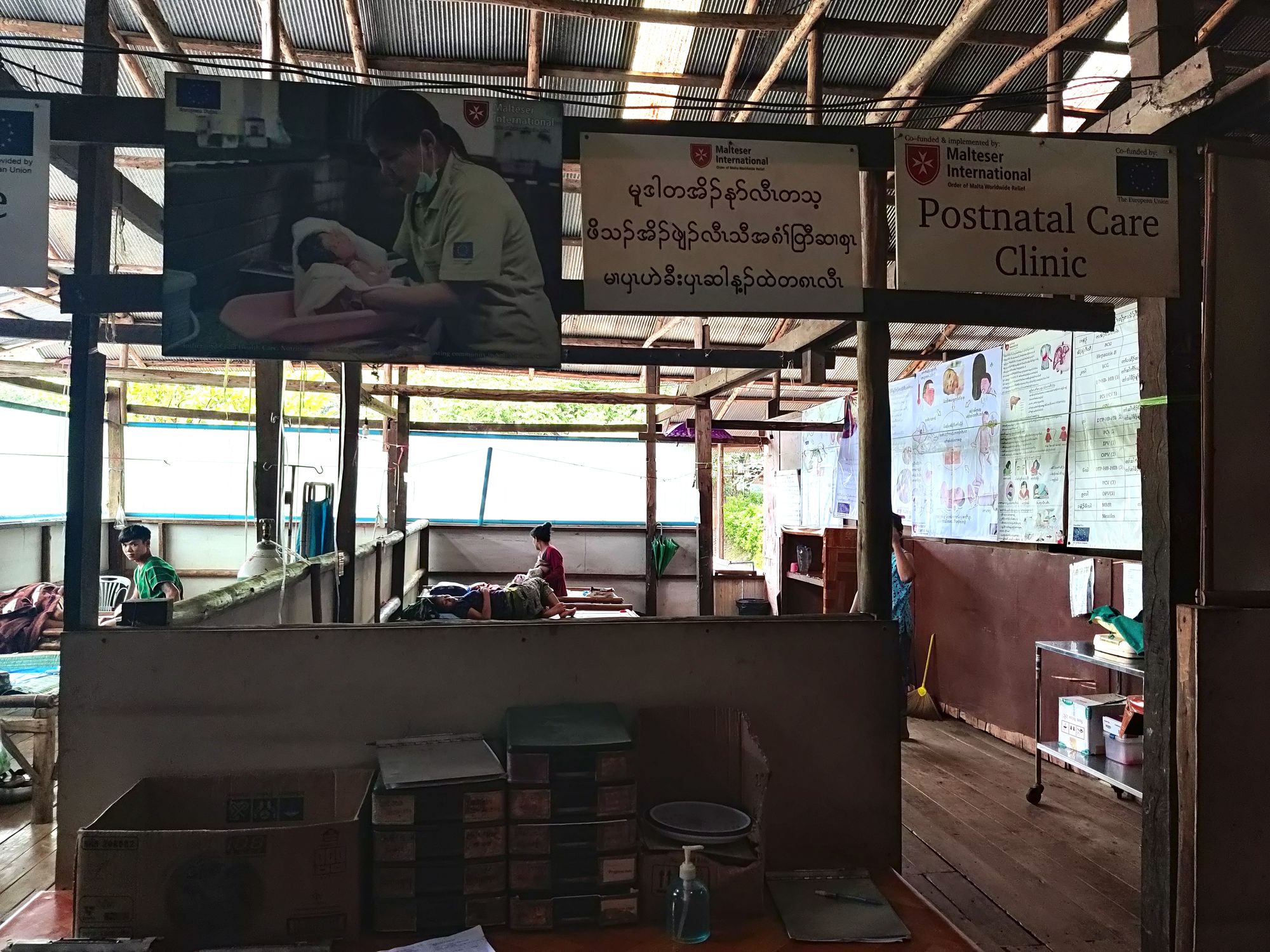
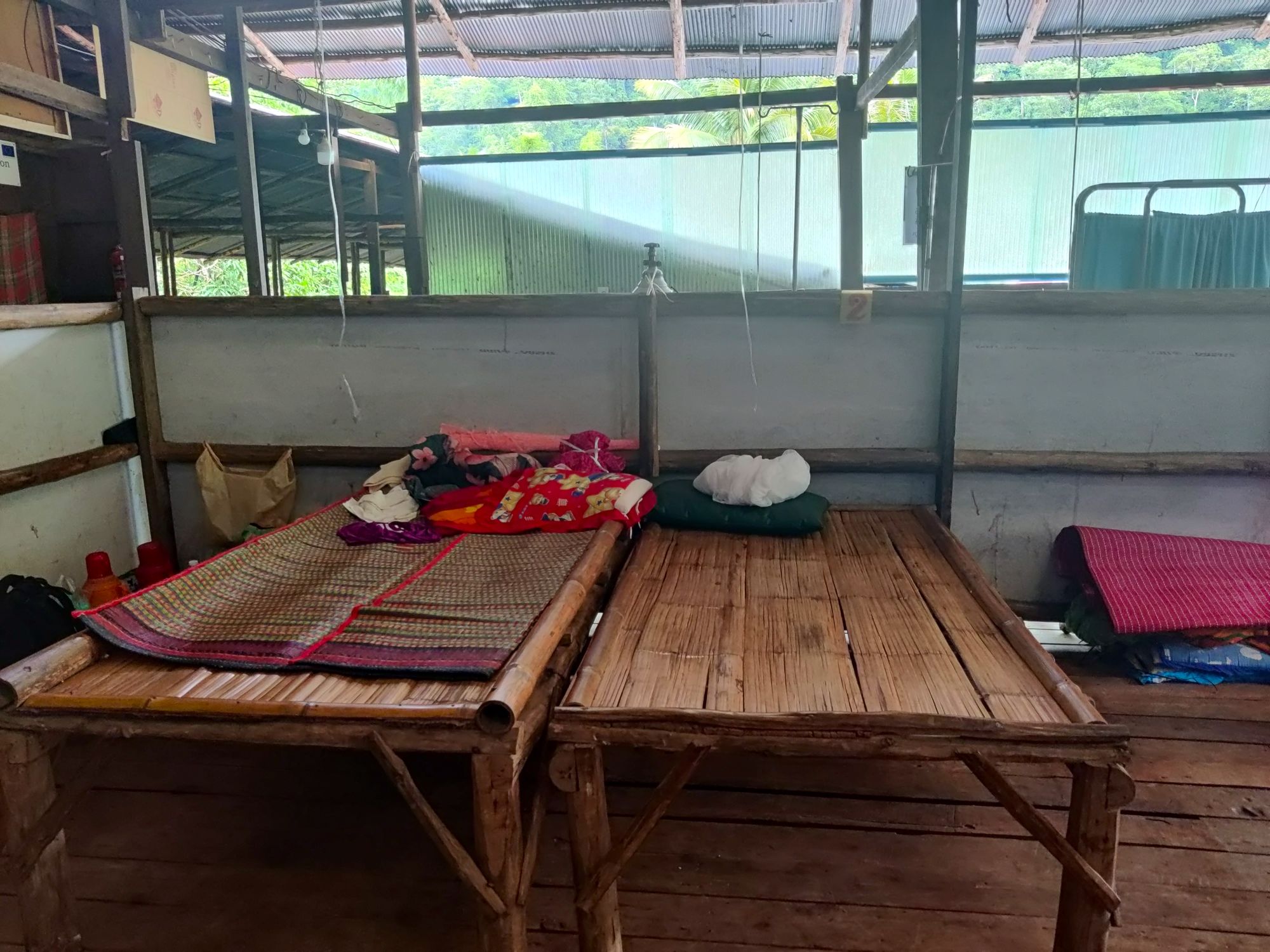
The hospital beds have been roughly built from nearby wood and covered in bamboo mats for easy washing.
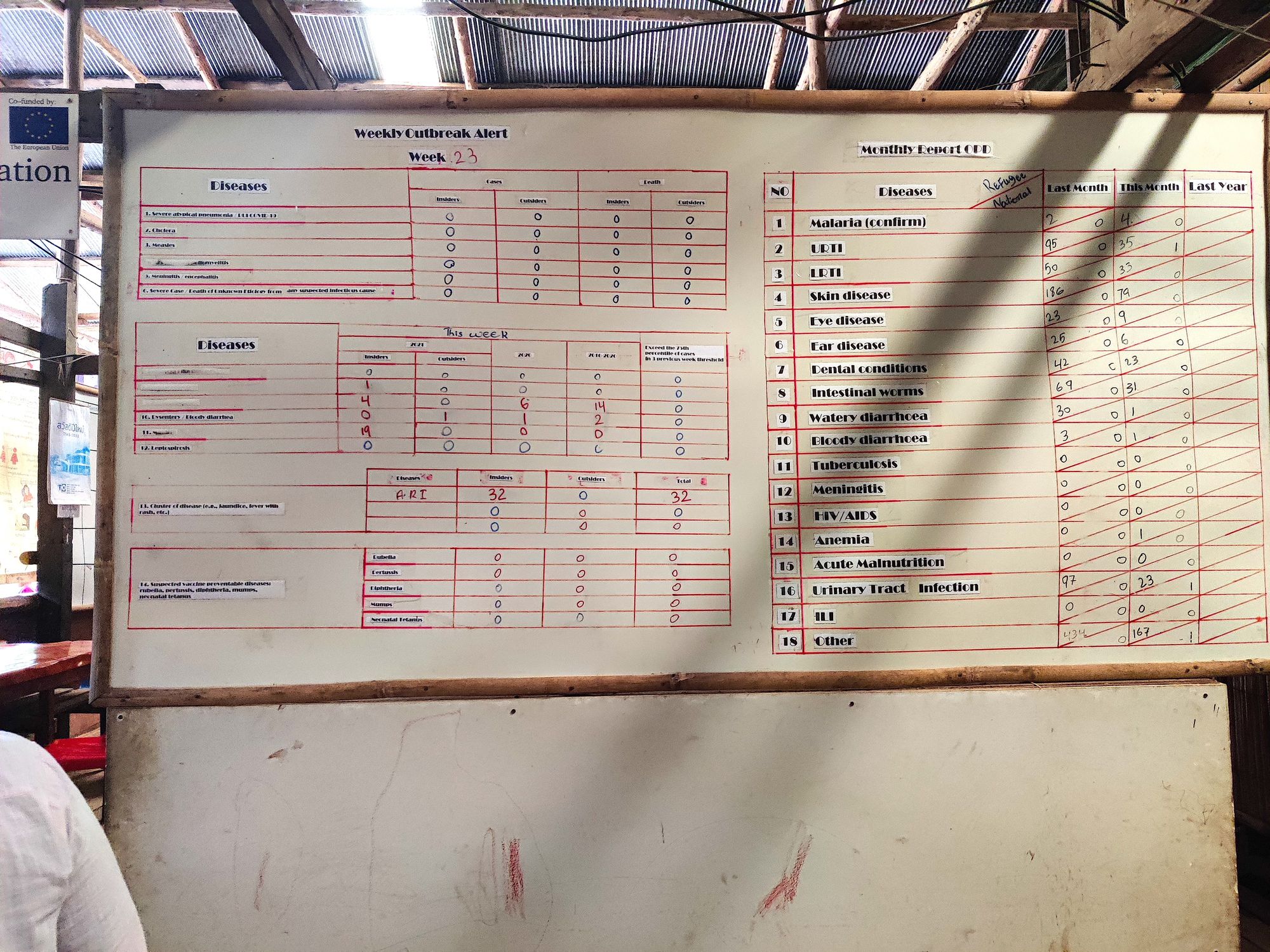
A list of ailments written on a whiteboard share the daily story of providing healthcare for this community. Intestinal worms, urinary tract infections, and skin diseases are a way of life, and without this health centre, many would risk their life with conditions that have long been treatable.
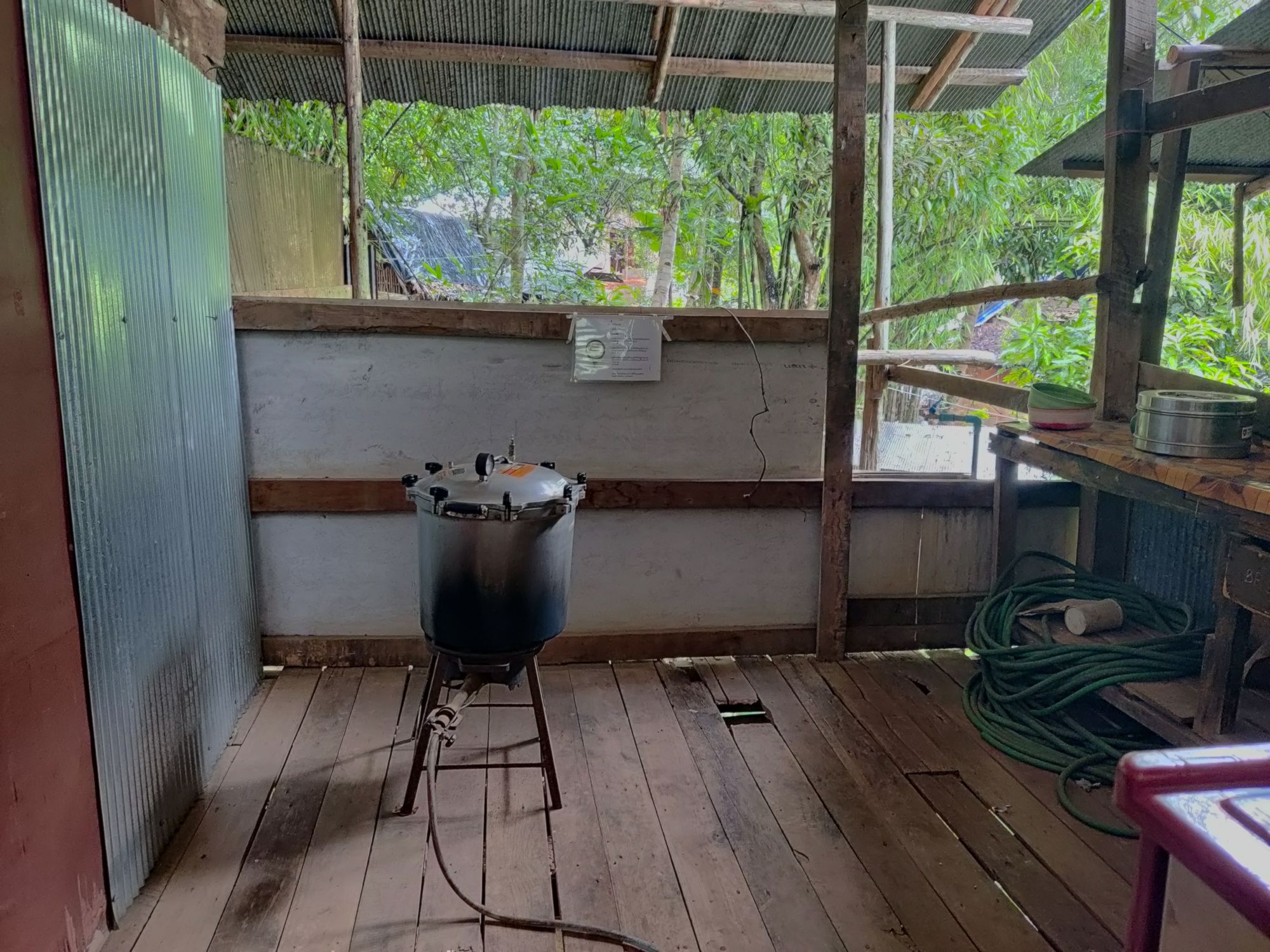
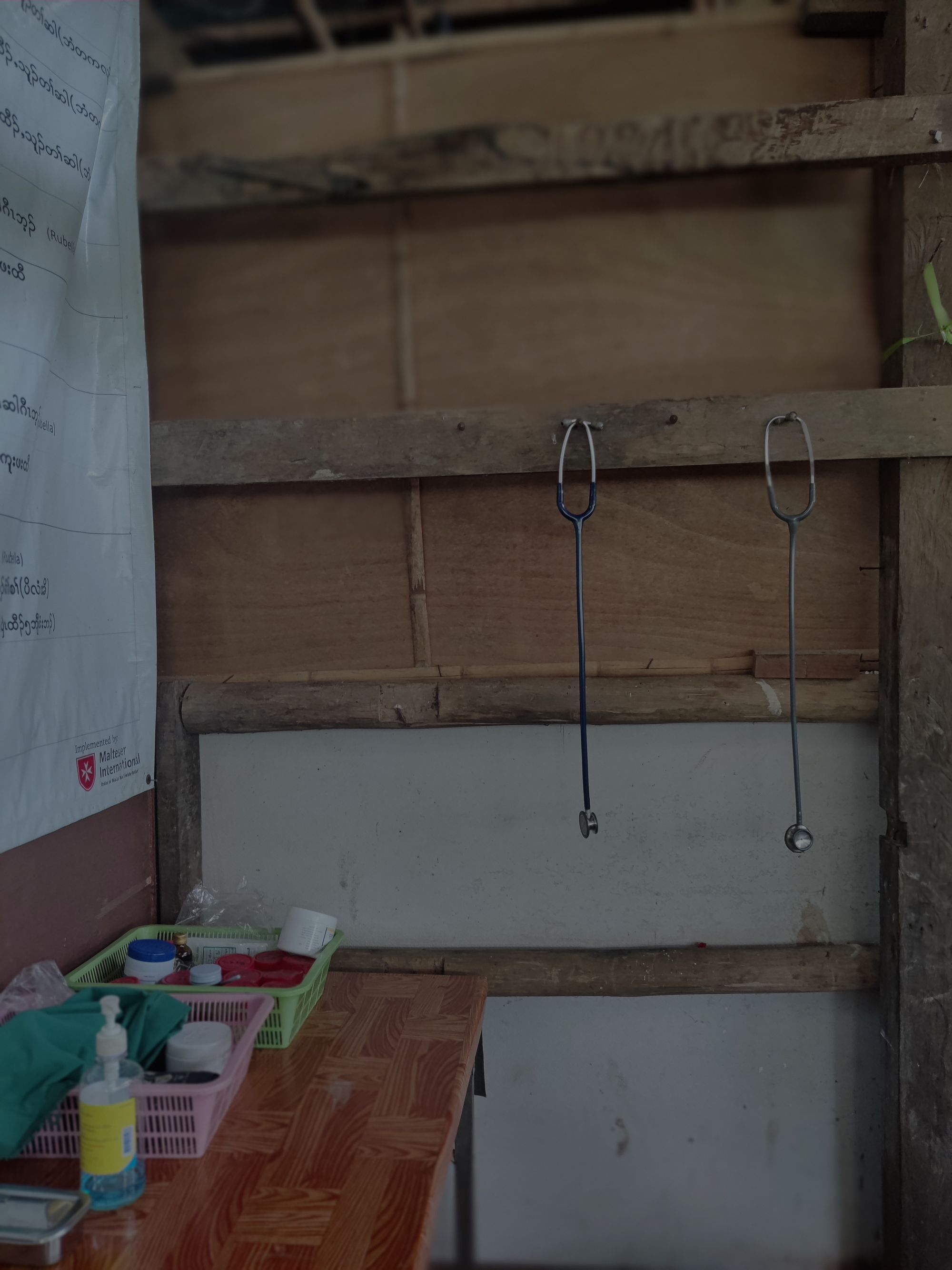
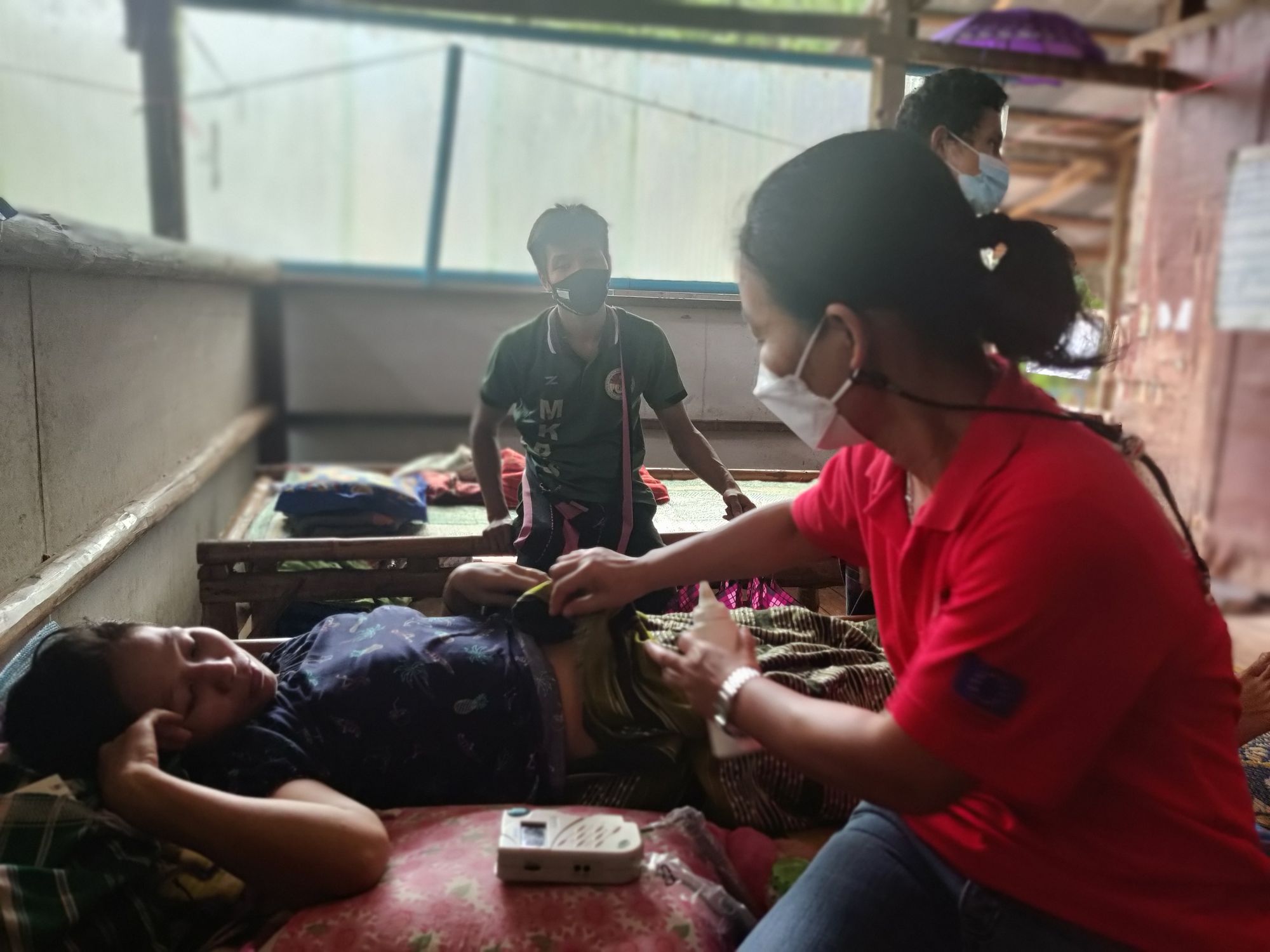
Basic necessities like common medicines, cold storage, sterilization, and ultrasound & phototherapy equipment are regarded as luxuries. Patients requiring surgery, such as a C-section delivery are referred out of the camp to BCMF and Watsi, with the most urgent cases getting priority and others put on a waiting list.
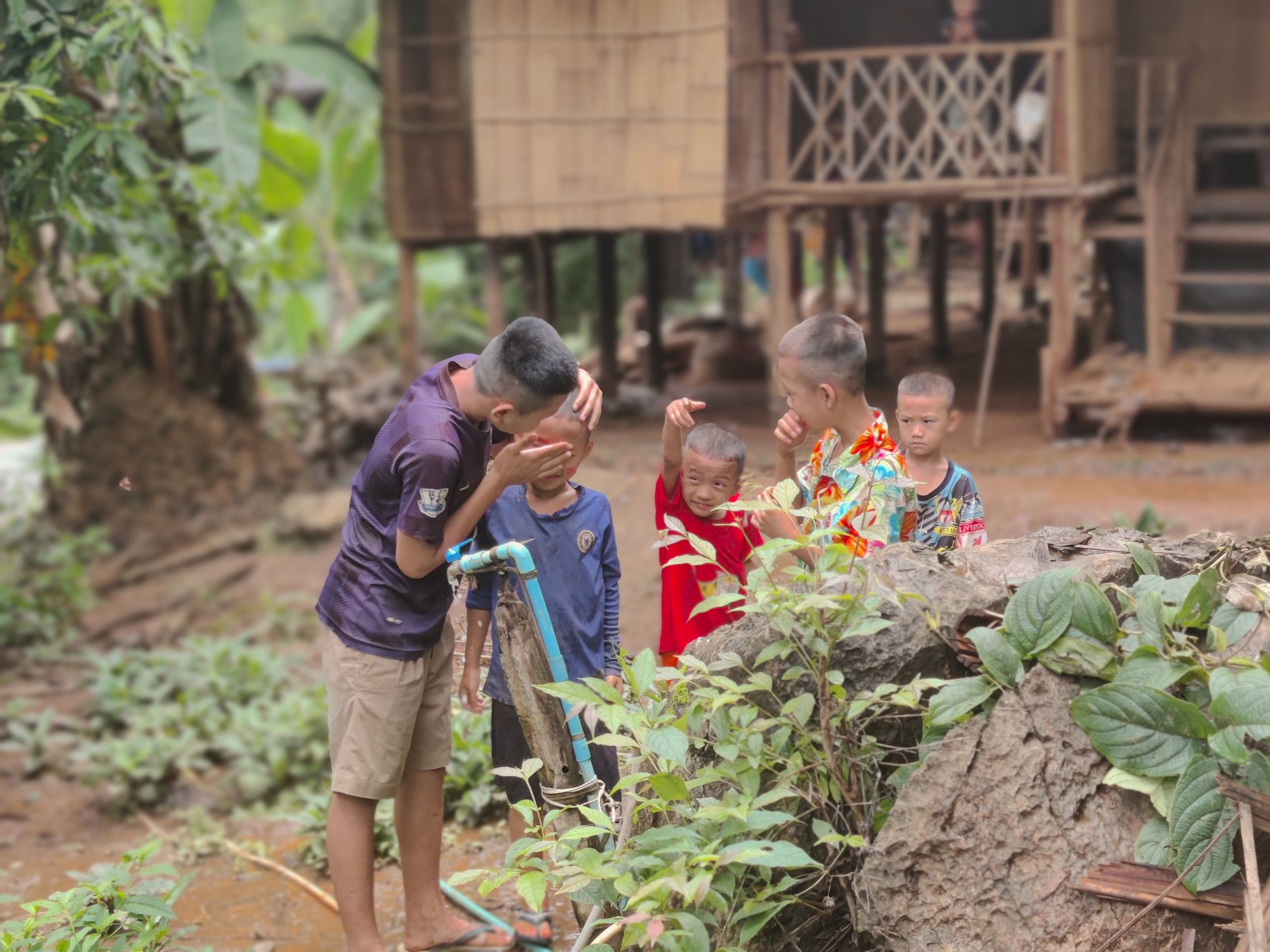
Despite the limited resources and makeshift facilities, the families living here are grateful to have a safe place away from the violence they fled. For many young refugees, this is where they were born and where they will grow up—the only reality they have known.

The community has limited education and training opportunities, and no official means of earning an income. Before COVID-19, some would forage for cooking firewood near the camp, but lockdowns have prevented this over the past two years.
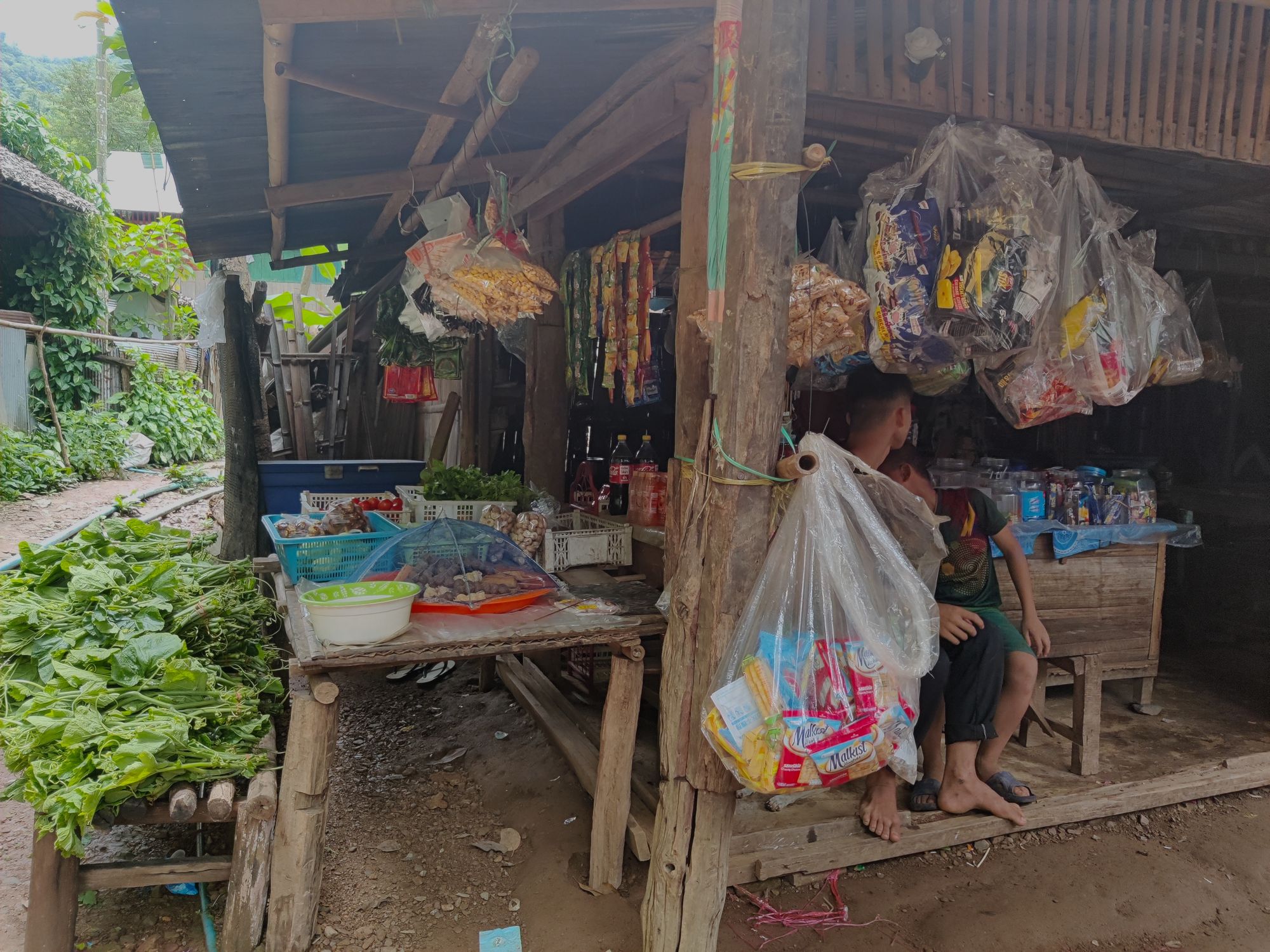
Basic necessities are sold in small shops around the camp.
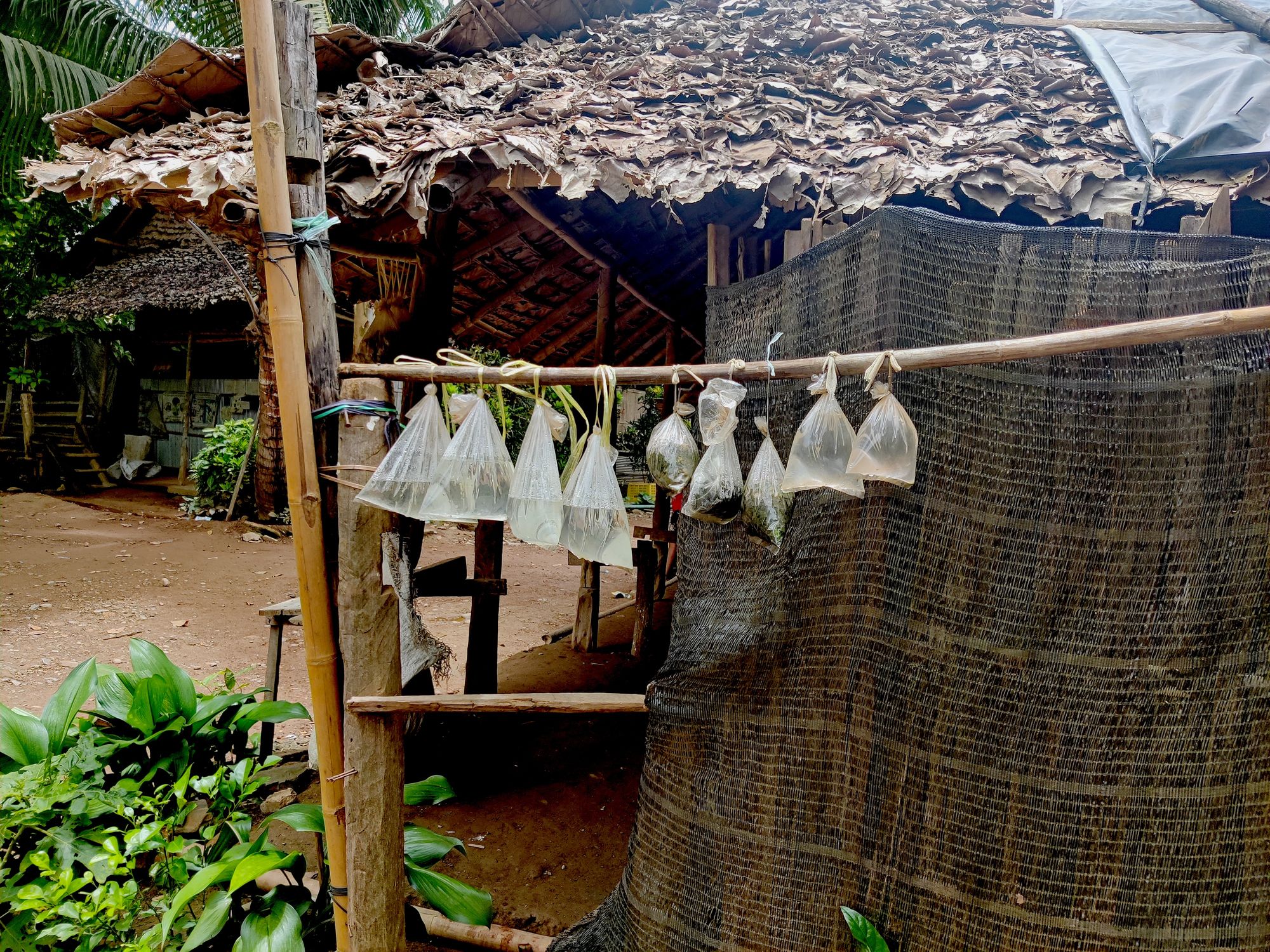
Many families keep small bags of water, sand, and grass next to their home to use in case of an emergency cooking fire.
Despite the difficult day-to-day reality, life goes on and small moments of joy are found all around.
The will to cope and nurture is strong amongst the residents.
They told us how people like you, who are helpers even from far away, give them hope.

20 people from around the world came together on Watsi to support Naw Say's C-section delivery. She traveled to nearby Mae Sariang Hospital as the camp hospital is not equipped to perform surgery. We visited her and her new baby girl at their home—the bamboo walls beautifully adorned with photos of her daughters printed on delicate sheets of paper. Naw Say shared her dream for her daughters to grow up to be teachers or healthcare workers and able to serve others in their community. Naw Say is a teacher in the refugee camp, while her husband looks after their daughter and their home.
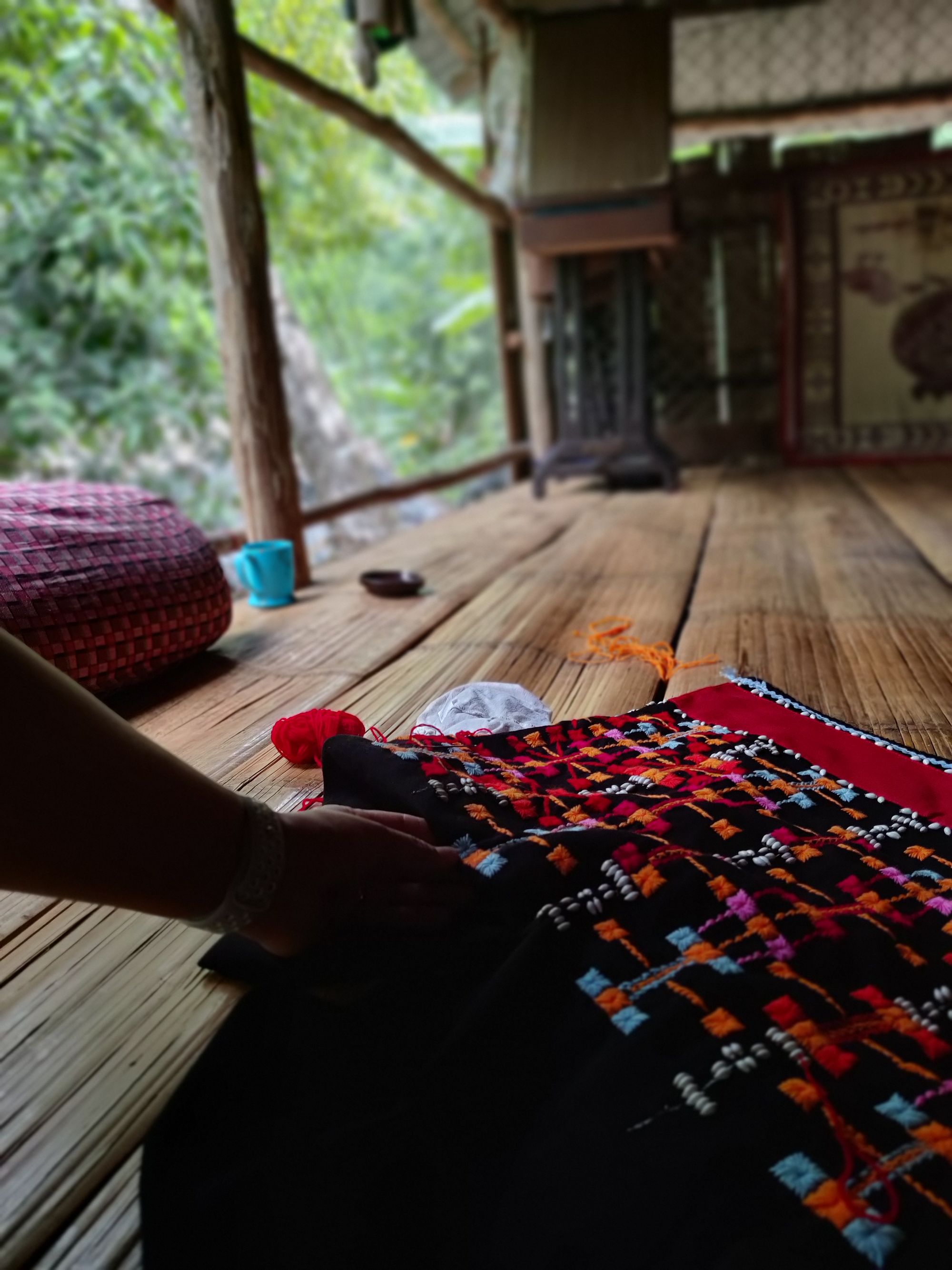
She loves to weave and embroider traditional Karen shirts during her free time.
“I love being a teacher even though I receive a very little stipend. If I have to pay for my operation cost, I will never make it and if there are no donors for me, I can’t imagine how my delivery would turn out. I am so happy to have a lovely baby and now she started to talk and make sounds. Thank you to everyone who helped me even though I never get to meet you in person.” - Naw Say
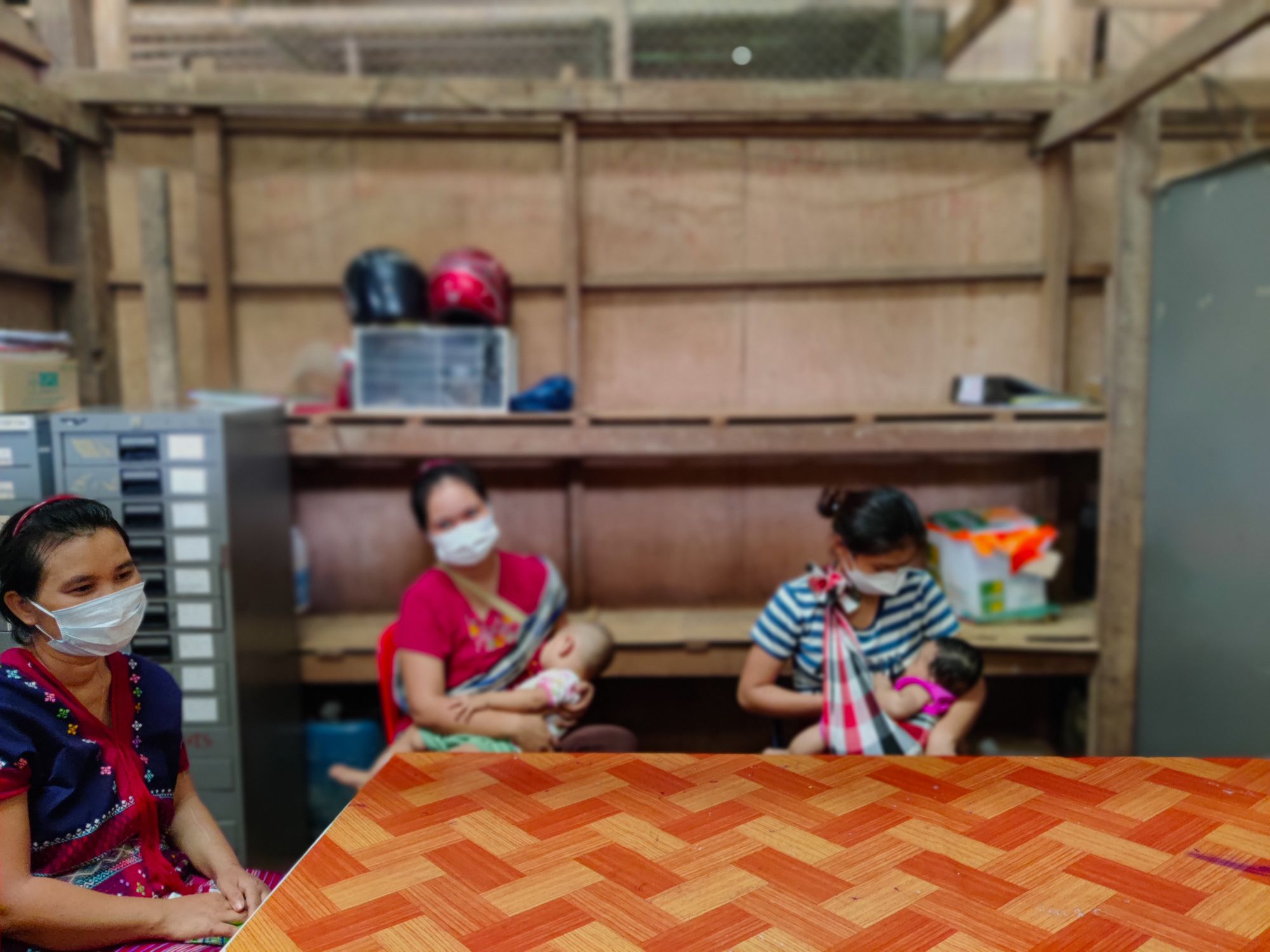
Another Watsi patient Taw (left) told us, “As a refugee, even though I have no money, I am blessed with an organization like Watsi that finds donors for me. I am blessed with good people that are willing to help me.” Taw teaches history at the camp school and enjoys singing with her students. In her sweet voice she sang a beautiful Karen song for us translated as "May God Bless You Abundantly".
UNHCR estimates more than 100 million people are now displaced worldwide, more than ever before. A figure so high that it represents 1% of the global population and would be equivalent to the 14th most populous country in the world. Yet, stories of the lives of refugees are so often invisible to the rest of the world. How can you do something about it today?
💙 Spread the word. Share this story & photos with your network to help raise awareness and amplify the voices of refugees.
📝 Write to us if you have any questions or share a comment below. We would love to pass on your messages to our patients at Mae Ra Ma Luang.
💲 Support our partner BCMF working to provide access to medical care for people living in the refugee camp. Meet a patient you can help today.
🌏 And if you can, consider joining our Universal Fund, helping a new patient to access critical healthcare every month. 100% of your donation funds medical care and we'll update you on everyone you support.
Sonam Singh
Storytelling, analytics, and marketing @Watsi